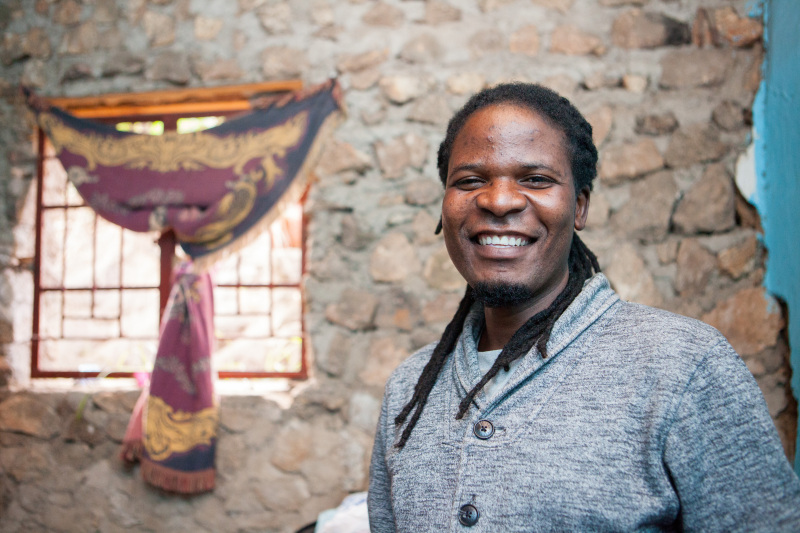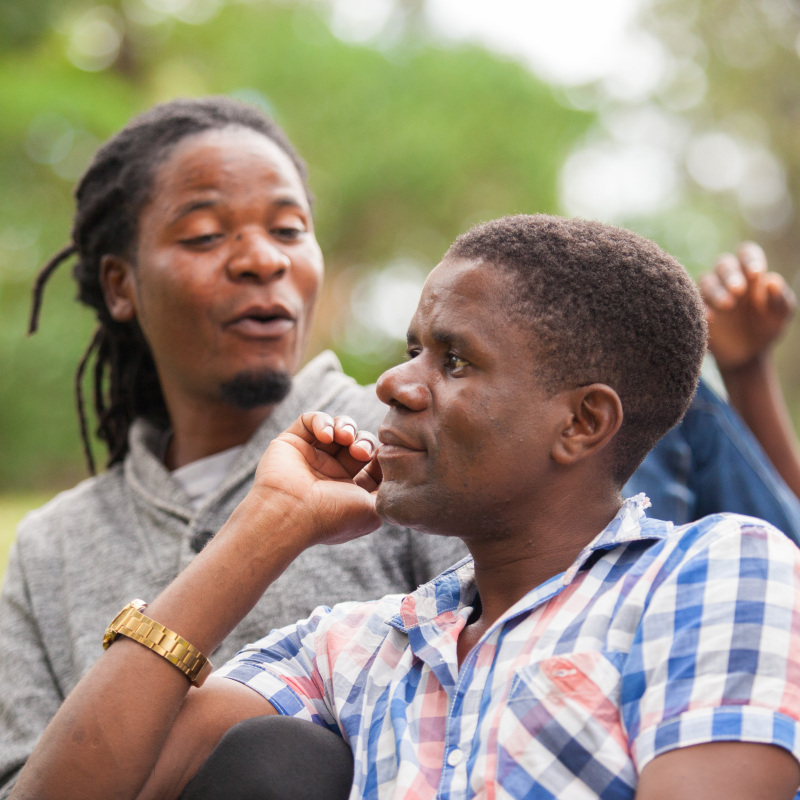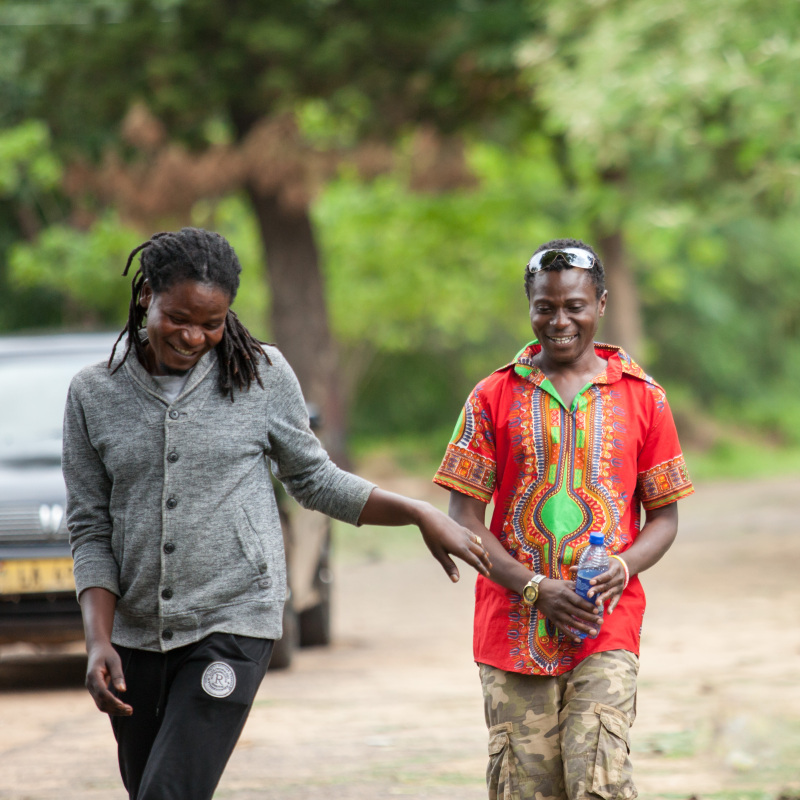It’s called ‘human’ rights, not ‘straight’ rights
Colin Stewart is a 45-year journalism veteran living in Southern…

Kaluso, a 28-year-old trans woman from Malawi, speaks out about the need for zero discrimination when it comes to the rights of sexual minorities.
These are some excerpts from the article, which appears on the AIDS Alliance website:
“I didn’t choose to be trans. I was born like this.”
Kaluso is accepted and loved by her family and neighbors living in Blanytre, Malawi, but elsewhere faces stigma and violence:
“A few years back when I was attacked,” she says, “I went to the police and I was further victimised.” She recalls being followed and attacked during a night out with her friends. They were targeted because they stood out as LGBT people.

Kaluso’s friend, Mphatso, 31, says: “Here in Malawi, people are so homophobic, because it’s not allowed in the law. Stigma and discrimination leads to increased risk of HIV for LGBT people in Malawi. It results in less check-ups, less condom use, and because it’s hidden, people are sleeping with married men, who also sleep with their wife.”
In a change from the past, Superintendent Horace Chabuka, Blantyre’s community policing coordinator, is at ease with the current situation in Malawi, where enforcement of the country’s law against same-sex intimacy has been suspended. He says of same-sex couples:
“They are not doing anything wrong.”
Chabuka has learned about sexual minorities through conversations and workshops with Community Health Rights Advocacy (CHeRA). He says:
“After attending discussions with CHeRA I realised we cannot deny [that homosexuality exists], otherwise, at the end of the day, we will lose more lives. People will not come forward to get services, for sexual health or HIV services for example, or it might be that they have been attacked and will not ask the police to assist them.”

Related articles:
- Malawi debates its anti-LGBTI law, still on hold (December 2016, 76crimes.com)
- Malawi: Judge seeks renewed gay arrests; gay man attacked (February 2016, 76crimes.com)
- Call for police probe of anti-gay hate speech in Malawi (Jan. 6, 2016, 76crimes.com)
- Pastor coalition wants homosexuals re-arrested (Jan. 4, 2015, The Nation)
- Gay Malawian appeals for justice; now he’s in hiding (Jan. 2, 2016, 76crimes.com)
- It’s official: No more Malawi arrests under anti-gay laws (July 2014, 76crimes.com)
- 3 in Malawi prisons await ruling on sodomy law (June 2014, 76crimes.com)




